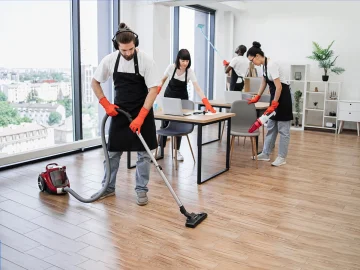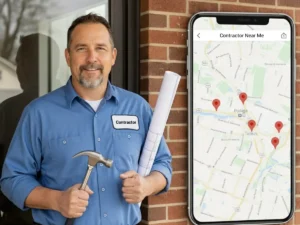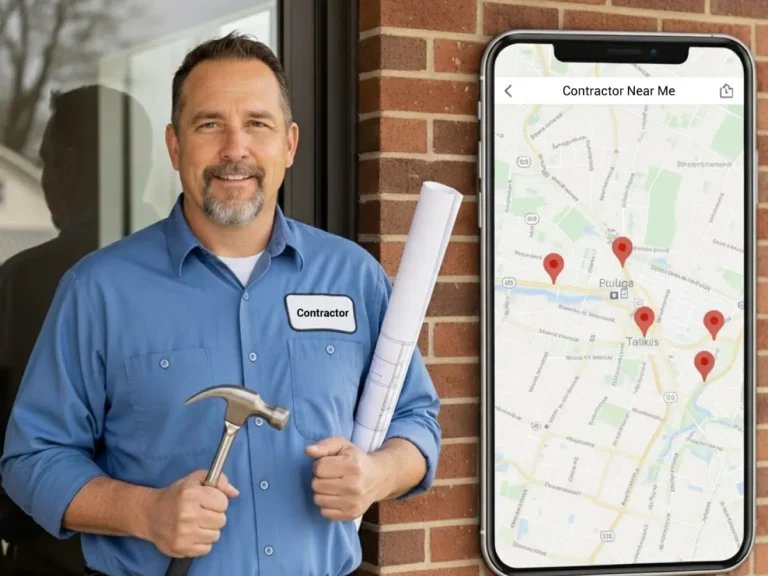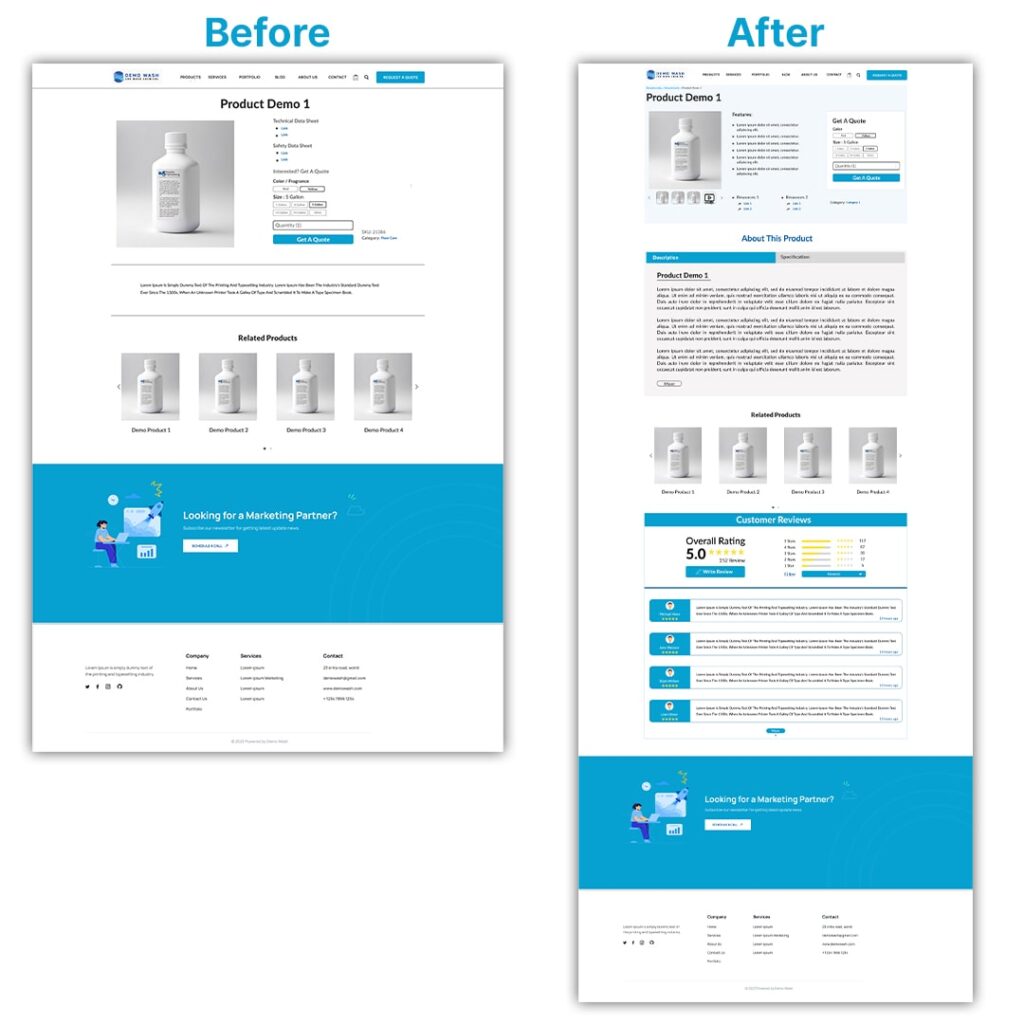Have you ever dreamed of turning your cleaning prowess into a successful business? If so, you’re on the right track! The cleaning industry offers a rewarding path with ample opportunities for growth. But before you grab your mop and bucket and set off on your entrepreneurial journey, there’s one crucial step to consider: obtaining the proper licenses to operate legally.
Understanding what commercial cleaning license is needed to start a cleaning business is vital to ensure your venture thrives within the legal framework. This guide will delve into the essential licenses you’ll need to navigate the exciting world of cleaning business ownership. We’ll explore not only the fundamental requirements but also shed light on additional permits that might be necessary depending on your location and the specific services you offer.
By equipping yourself with this knowledge, you can confidently launch your cleaning business and focus on what you do best – providing sparkling clean spaces for your clients!
Understanding Types of Cleaning Business Licenses
Starting a cleaning business can be an exciting venture, but before you dive in, it’s crucial to understand the licensing requirements. These can vary depending on your location and the types of services you plan to offer. Here’s a breakdown of the key licenses you might encounter
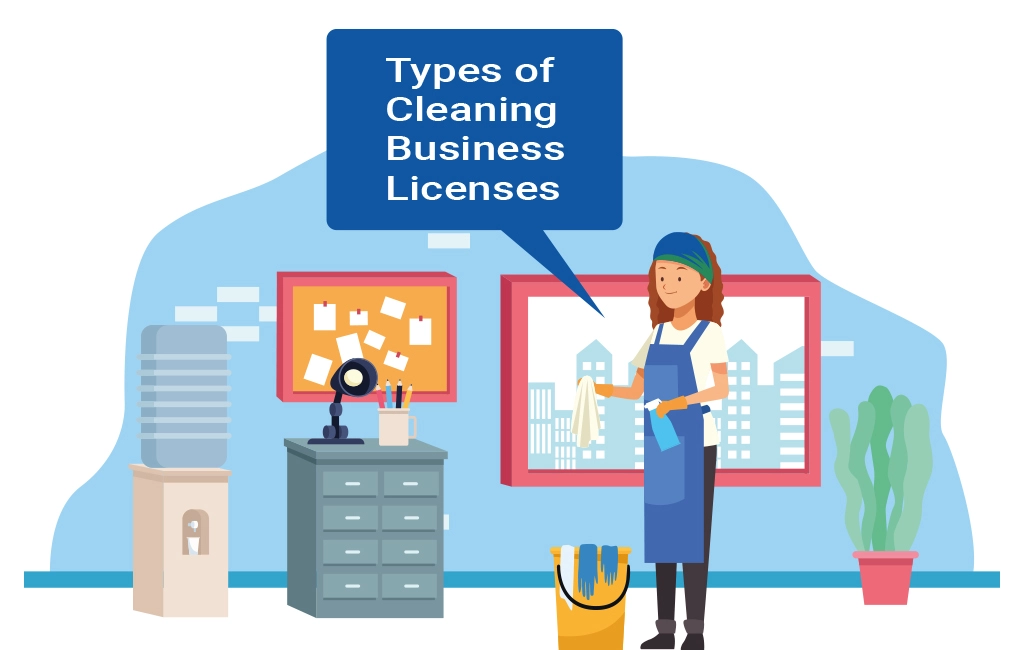
General Business License: This fundamental permit acts as your official permission to operate within your city or county. It’s the cornerstone of business legality, allowing you to collect payments and enter into contracts.
Specialty Licenses: As your cleaning services expand beyond basic housekeeping, you might need additional licenses. For example, carpet cleaning typically requires a separate license due to the specialized equipment and potential for water damage. Similarly, window cleaning at high rises may necessitate an additional permit for working at heights.
Environmental Permits: Be mindful of the environmental impact of your cleaning practices. If you use harsh chemicals in your house cleaning business or generate hazardous waste, environmental permits might be necessary. These ensure proper disposal and protect the environment.
Health and Safety Permits: The safety of your employees and clients is paramount. If your business involves handling biohazardous materials, strong disinfectants, or other hazardous substances, you’ll likely need health and safety permits. These ensure you have the proper training and protocols in place to handle these materials safely.
By familiarizing yourself with the specific licensing requirements in your area, you can ensure a smooth launch for your cleaning business. Remember, a little research upfront can save you time, money, and potential legal headaches down the road.
What Licenses are Needed to Start a Cleaning Business Generally?
Starting a cleaning business can be an exciting venture, offering the freedom to be your own boss and build a successful service. But before you dive into scrubbing floors and dusting shelves, there are some essential steps to ensure your business operates legally and safely. One crucial step is understanding what licenses are needed to start a cleaning business.
The most common requirement is a general business license. This permit, issued by your local city or county government, authorizes you to conduct business within their jurisdiction. It’s the foundation for legal operation and demonstrates your commitment to following local regulations.
Depending on the specific services you offer, you might also need a specialty cleaning license. For instance, if your business focuses on deep carpet cleaning or high window washing, additional permits may be required to ensure you have the expertise and equipment to handle these tasks safely and effectively.
Environmental considerations come into play when using powerful cleaning solutions. If your business utilizes chemicals that could potentially impact the environment, you might need an environmental permit. This permit ensures proper storage, handling, and disposal of these materials to safeguard the environment and public health.
Finally, if your cleaning services involve handling hazardous materials, such as biohazardous waste from medical facilities or crime scenes, a health and safety permit might be necessary. This permit verifies that you and your employees have the proper training and protocols for handling and disposing of these materials safely.
By familiarizing yourself with what licenses are needed to start a cleaning business in your area, you can ensure a smooth launch and focus on building a thriving business that sparkles with professionalism and client satisfaction.
How Do You Get a Business License?
Starting a cleaning business can be an exciting venture, but navigating the legalities can feel overwhelming. One crucial aspect is obtaining the proper business licenses. Here’s a breakdown to help you ensure your cleaning service operates smoothly and compliantly.
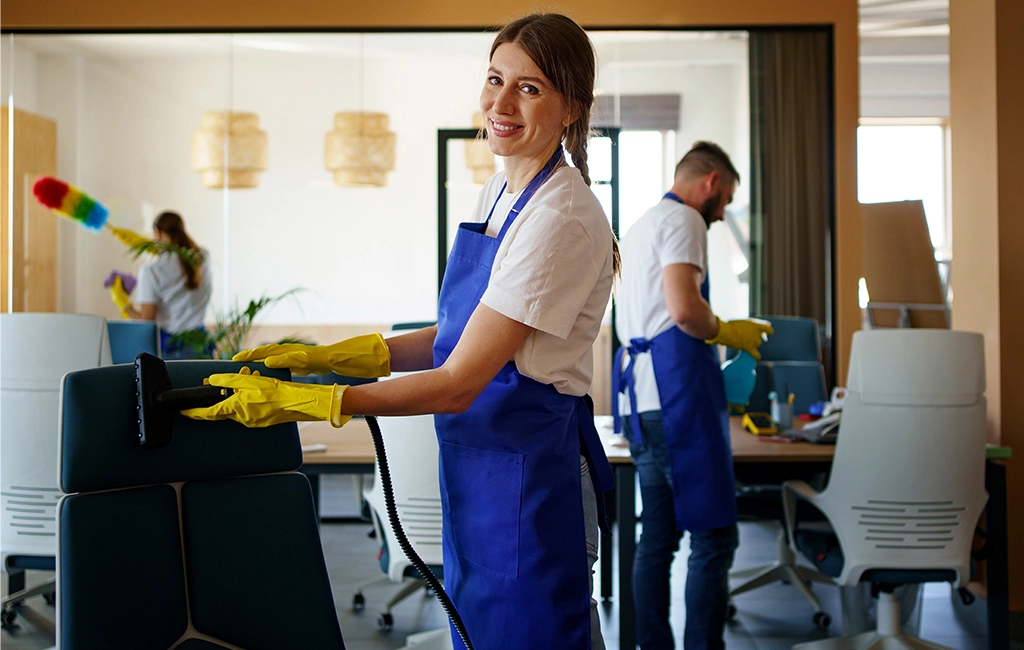
So, what licenses are needed to start a cleaning business?
There’s no one-size-fits-all answer, as requirements vary by location. However, most cleaning businesses will need a general business license. This acts as your permission to operate within your specific city or county. You might also need a vendor’s license if you plan to sell cleaning supplies to clients, allowing you to collect sales tax.
Beyond the Basics:
Depending on your operation, additional licenses might be necessary. If you plan to operate from home, check for home-based business permits. Venturing into carpet cleaning or window washing may require specialized licenses. For these, consult your local government or business development center for specific details.
Obtaining Your Licenses:
Research: Contact your city or county government to pinpoint the exact licenses you need.
Register Your Business Name: Ensure your chosen name is unique and register it with the appropriate local office.
Application Time: Complete the required license applications, which are often available online or through your local government office.
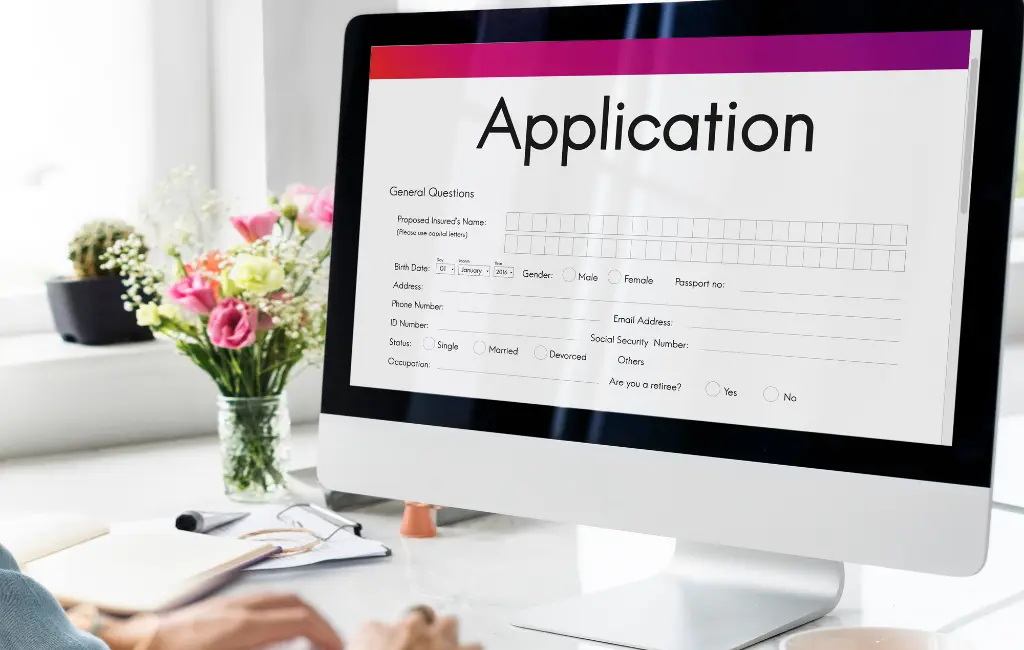
Budgeting for Fees: There will be fees associated with applications, so factor these costs into your business plan.
Approval Process: After submitting your application and fees, allow time for approval, which can take anywhere from a few days to several weeks.
By taking these steps, you’ll be well on your way to securing the necessary licenses and launching your successful cleaning business!
Step-by-Step Guide to Obtaining Cleaning Business Licenses
Here’s a detailed step-by-step guide to help you through the process:
Research Requirements: Start by researching the specific licensing requirements for your area. This information can usually be found on your local government’s website.
Register Your Business: Choose a business name and register it with your local government. Make sure the name is unique and not already in use.
Apply for an EIN: An Employer Identification Number (EIN) is needed if you plan to hire employees. You can get this from the IRS website.
Complete the Application: Fill out the application forms for the necessary licenses. This might include a general business license, specialty licenses, and any required permits.
Pay the Application Fees: Submit your application along with the required fees. Fees vary depending on your location and the type of licenses you need.
Submit to Local Authorities: Send your completed application and fees to the appropriate local government office.
Await Approval: After submitting your application, you’ll need to wait for approval. This process can take some time, so be patient.
Obtain Your Licenses: Once approved, you’ll receive your licenses. Make sure to keep these documents in a safe place and renew them as required.
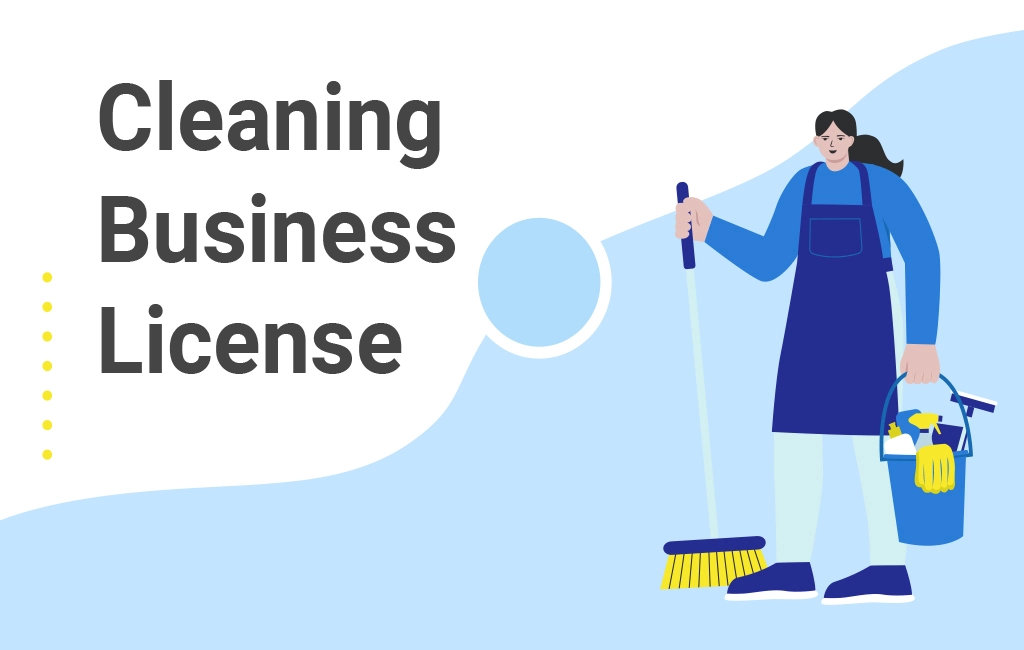
Bonded and Insured: Definitions and Importance
When starting a cleaning business, establishing trust with your clients is paramount. Two key elements that demonstrate your professionalism and commitment to quality service are being bonded and insured. Let’s delve deeper into what these terms mean and why they’re crucial for your success:
Bonded:
Imagine a surety bond as a financial guarantee. By obtaining one, you’re essentially saying, “I stand behind the work I do.” If you fail to fulfill your contractual obligations, such as completing the cleaning job as agreed or accidentally damaging property, the bond protects your client.
The bonding company reimburses them for any losses incurred, up to a pre-determined amount. This not only safeguards your clients’ financial interests but also signifies your commitment to delivering on your promises.
Insured:
Business insurance provides a safety net for unforeseen circumstances. It covers various liabilities, including property damage and bodily injury. Imagine a scenario where an employee accidentally breaks a client’s heirloom vase or gets injured while on the job.
Without proper insurance, you could be held financially responsible for repairs, replacements, or medical bills. Insurance acts as a shield, absorbing these costs and preventing them from jeopardizing your business’s financial stability.
Beyond Bonds and Insurance: Understanding Licensing Requirements
In addition to being bonded and insured, obtaining the necessary licenses is essential to operate legally. The specific licenses required will depend on your location, but some common ones include a business license, a general liability license, and possibly a janitorial license.
Researching and acquiring these licenses demonstrates your adherence to local regulations and builds trust with potential clients.
By prioritizing being bonded, insured, and properly licensed, you’re not just complying with regulations; you’re projecting an image of professionalism, reliability, and client care. This comprehensive approach will position your cleaning business for success and give you a competitive edge in the market.
Types of Insurance for Cleaning Businesses
Running a successful cleaning business goes beyond just mops and buckets. Protecting your company financially and legally is crucial, and that’s where insurance and licenses come in.
General Liability Insurance:
This acts as your safety net against third-party claims. Imagine a client slipping on a wet floor you just cleaned – general liability covers medical expenses and property damage arising from such accidents. It even protects you from accusations of negligence leading to personal injury, like accidentally damaging a priceless heirloom.
Workers' Compensation Insurance:
This is mandatory if you have employees. It ensures their medical bills and lost wages are covered if they’re injured while cleaning, protecting both your workers and your business.

Commercial Auto Insurance:
If your cleaning crew travels between client locations, a commercial auto policy safeguards your business vehicle in case of accidents.
Janitorial Bond:
This acts as a financial guarantee to your clients. If an employee commits theft while on the job, the bond reimburses the client for their losses, upholding your company’s reputation and trust.
Business Owner's Policy (BOP):
This combines general liability and property insurance into a convenient package, offering streamlined coverage for common risks at a potentially lower cost.
Benefits of Having a Cleaning License
Obtaining the proper licenses for your cleaning business isn’t just about following the rules – it’s about unlocking a toolbox of advantages that can propel your company forward. Let’s delve into the key benefits:
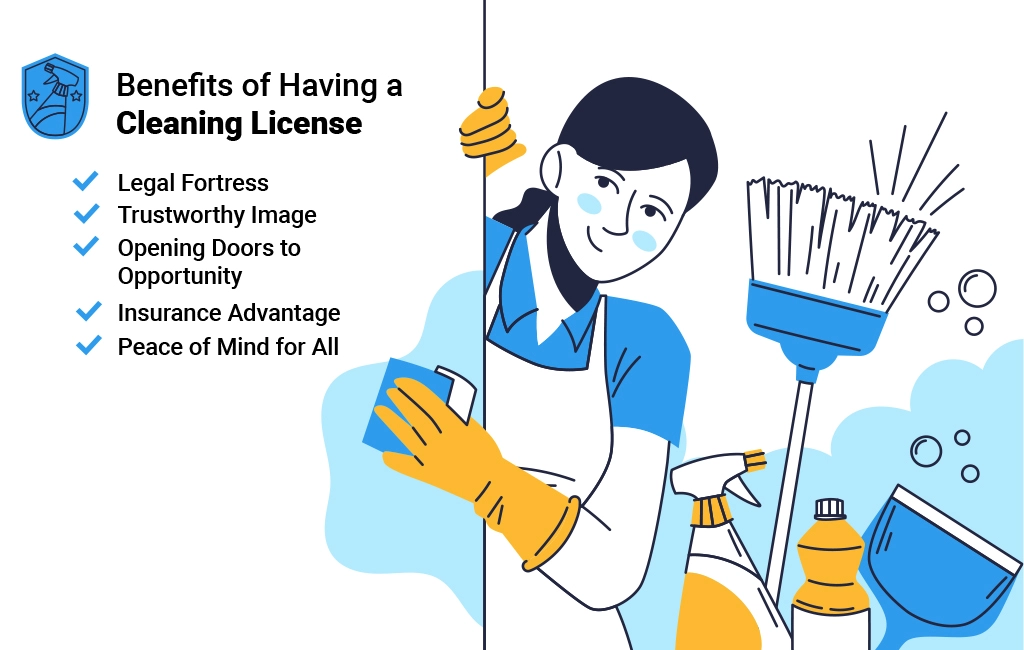
Legal Fortress:
A license ensures you operate within the law, shielding you from hefty fines or even closure. This fosters a sense of security and avoids unnecessary headaches.
Trustworthy Image:
A license acts as a badge of honor, demonstrating professionalism and a commitment to following regulations. This instills confidence in potential clients, making them more likely to choose your services over unlicensed competitors.
Opening Doors to Opportunity:
Many commercial clients, particularly large corporations and institutions, have strict policies requiring licensed cleaning services. A license becomes your key to unlocking these lucrative contracts.
Insurance Advantage:
Securing business insurance is often essential for landing larger contracts. Obtaining a license can significantly smoothen the insurance application process, as it demonstrates your commitment to responsible business practices.
Peace of Mind for All:
Knowing your business operates legally and ethically brings peace of mind to both you and your clients. They can trust you’ll handle their space with care and adhere to safety protocols.
How Long Does It Take to Get a Cleaning Business License?
The allure of starting your own cleaning business can be dimmed by the initial hurdle of permits and licenses. But fear not! While the timeframe for obtaining your cleaning business license can vary, with some areas processing applications in a few days and others taking several weeks, there are ways to navigate this and get your business up and running smoothly.
Understanding the factors that influence processing times is key. First and foremost, ensure your application is meticulously completed and includes all necessary documentation. Even a minor error can trigger delays while authorities request clarifications. Secondly, research your local government’s processing efficiency. Some areas have streamlined online application systems that expedite the process, while others might require in-person visits and additional reviews.
Finally, consider the type of license you need. A general business license might be issued quickly, but specialty licenses or permits for specific cleaning services, like carpet cleaning or window washing, may involve additional background checks or training requirements, extending the wait time
How Much Does a Business License Cost?
Cleaning business license cost can vary widely depending on your location and the specific licenses you need. Here are some general cost estimates:
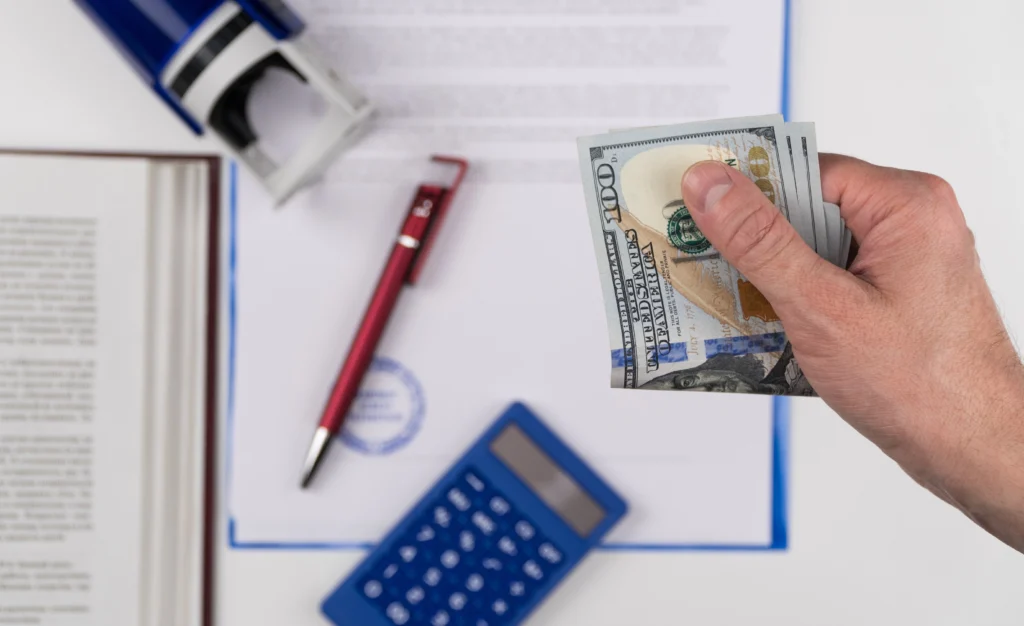
General Business License: Typically ranges from $50 to $400.
Specialty Licenses: Can range from $100 to $1,000 or more, depending on the service.
Environmental Permits: Costs can vary greatly depending on the type of permit and local regulations.
Health and Safety Permits: Costs also vary depending on the specific requirements and local fees.
Wrapping Up
Starting a cleaning business requires careful planning and understanding of the licensing requirements. By following the steps outlined in this guide, you can ensure that your business is legally compliant and positioned for success.
Remember to research your local requirements, complete your applications accurately, and maintain your licenses and insurance. With the right preparation, your cleaning business can thrive and grow, providing valuable services to your clients and a rewarding career for you.

